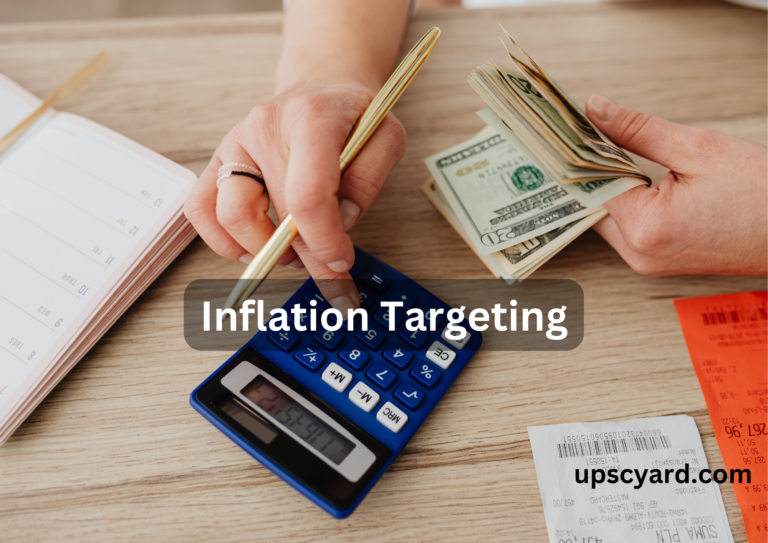Tobin tax is basically a tax that is levied on the short term currency transactions in order to discourage the volatility and speculation.
It’s like a small fee proposed for certain financial transactions, especially those involving different currencies. A tool used in finance to keep a check on a country’s currency stability. People also call it the Financial Transactions Tax (FTT), and sometimes, in a more informal way, it’s known as the Robin Hood tax.
The main aim of the Tobin tax is to put a speed bump in the path of speculative and short-term currency trading. The kind of trading that doesn’t have much to do with the actual economic situation of countries. These quick trades can sometimes lead to big swings in currency values and financial instability.
So, here’s the deal: The Tobin tax suggests that when you engage in these currency transactions, you pay a little tax, usually just a fraction of a percent, on the amount you’re exchanging. It’s like adding a small toll to the currency exchange highway.
This little tax is designed to serve two primary purposes:
- Stability: The Tobin tax encourages folks to think twice before diving into short-term currency gambles by making speculative trading a bit more expensive. This, in turn, helps stabilize currency markets and reduces wild price swings.
- Revenue: Oh, it can also generate some extra income for governments. They can use this extra cash for various purposes, like funding projects, dealing with financial crises, or reducing budget deficits.
Now, implementing a Tobin tax isn’t a walk in the park. There are concerns about how to make sure everyone pays it, how to prevent sneaky evasion, and whether it might have unintended consequences, like reducing the ability of businesses to manage currency risks effectively.
So, while the Tobin tax idea has been around for a while and has been talked about quite a bit, it still needs to be fully adopted globally. But it’s an exciting idea in international finance and market regulation.
Tobin Tax in India
Did you know that India doesn’t have a Tobin tax? Instead, it has something called the Securities Transaction Tax (STT) in 2004 This tax applies to all transactions involving stocks and mutual funds. Now, how do these two taxes compare?
The STT is a distant cousin of the Tobin tax. It’s also a tiny tax on financial transactions, but it doesn’t have the same specific goal as the Tobin tax. While the Tobin tax aims to discourage short-term currency speculation, the STT applies more broadly to stock and mutual fund transactions.
Interestingly, there have been discussions about introducing a Tobin tax in India. Back in 2011, the Indian government even released a report suggesting the implementation of a Tobin tax, especially for foreign exchange transactions. However, this recommendation didn’t make its way into actual policy.
Now, why might India consider a Tobin tax in the future? Well, there are a few potential perks. First, it could help stabilize the Indian rupee by reducing its ups and downs caused by speculative money movements. Additionally, it could be a source of income for the government, which could be used to fund social programs or even cut other taxes.
G20 And Tobin Tax





